The ban on sachet and PET bottle alcohol by the Nigerian government has sparked a fierce backlash from the Distillers And Blenders Association Of Nigeria (DIBAN), warning of dire economic consequences if the ban persists.
In an open letter addressed to President Bola Tinubu, DIBAN expressed deep concerns over the ban, emphasizing the potential loss of investments worth over N1.2tn and the displacement of 5.5 million workers.
Join our WhatsApp ChannelDIBAN refuted the claims made by the National Agency for Food and Drug Administration and Control (NAFDAC), which cited concerns over underage alcohol consumption and the alleged association of sachet and PET bottle alcohol with the use of hard drugs.
“The alcoholic beverages were not produced or manufactured with hard drugs,” DIBAN stated firmly in its letter. “There is no substantial evidence supporting NAFDAC’s assertions.”
READ ALSO: Why Sachet Alcohol, Styrofoam Ban May Worsen Unemployment – NECA
Highlighting its significant economic contribution, DIBAN revealed its conglomerate membership of over 24 corporate organizations, predominantly indigenous companies, with investments exceeding N500bn. Moreover, the association pointed out indirect investments totaling over N800bn.
DIBAN emphasized the importance of its industry in providing both direct and indirect employment opportunities, with over 500,000 individuals directly employed and an additional 5 million benefiting indirectly.
Addressing the rationale behind small-sized packaging, DIBAN argued that smaller portions encourage responsible consumption, unlike larger sizes that may promote excessive drinking.
The association urged President Tinubu to intervene and lift the ban, proposing alternative measures such as establishing licensed liquor outlets and enhancing regulatory oversight to ensure product quality and safety.
Failure to reverse the ban, DIBAN cautioned, would not only jeopardize billions in investments but also result in substantial revenue losses for both federal and state governments.
NAFDAC, which began enforcing the ban on February 1, 2024, defended its decision as a collective recommendation aimed at safeguarding public health. However, the Manufacturers Association of Nigeria (MAN) disputed NAFDAC’s stance, asserting that its members did not support the prohibition of products targeted by the ban.
As the debate intensifies, stakeholders await a decisive response from the government amid mounting pressure to find a balanced solution that addresses public health concerns while preserving economic stability.
Emmanuel Ochayi is a journalist. He is a graduate of the University of Lagos, School of first choice and the nations pride. Emmanuel is keen on exploring writing angles in different areas, including Business, climate change, politics, Education, and others.

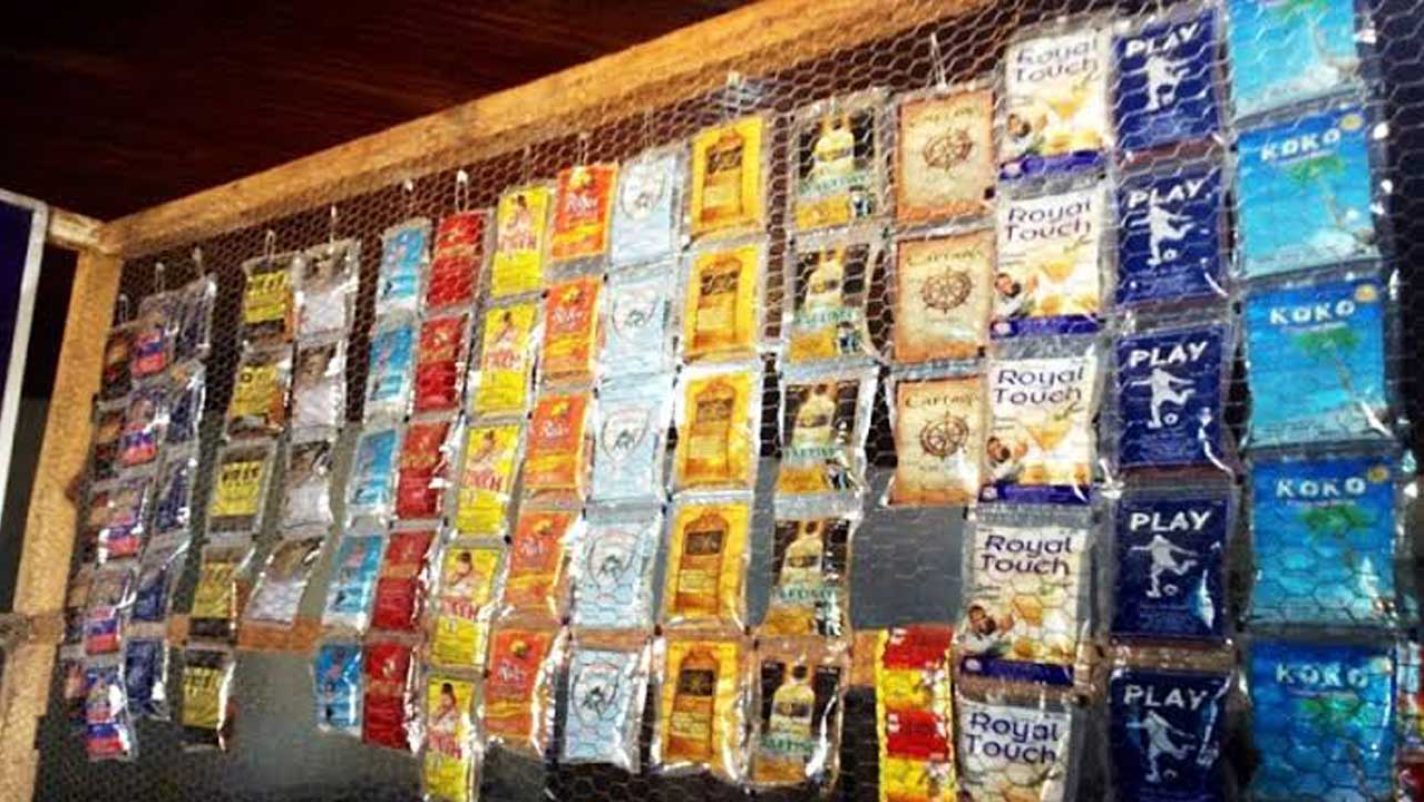




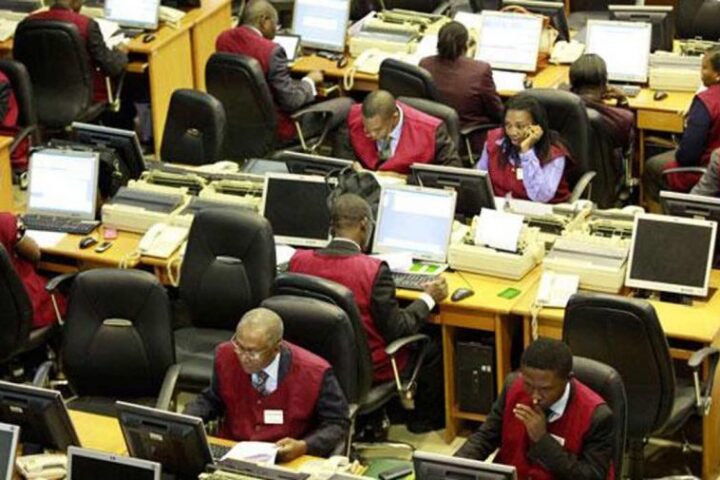
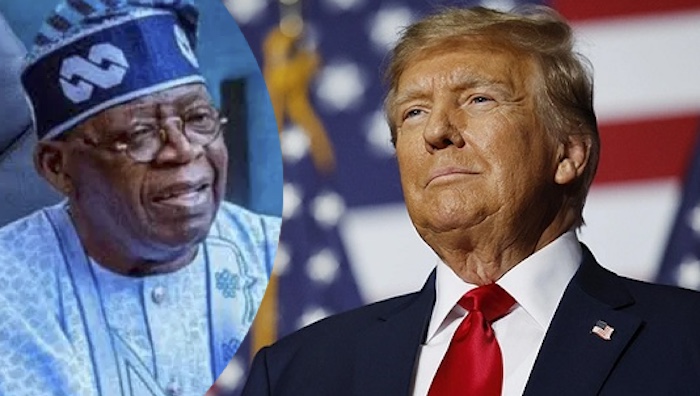
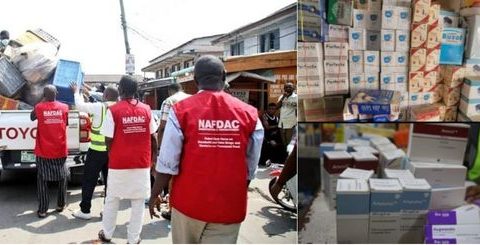



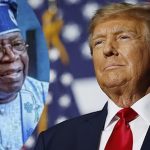

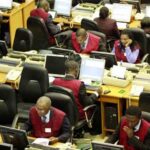


Follow Us